ANALYSIS | Liquefied natural gas production in Mozambique and the political risk of Islamic militancy
- Get link
- X
- Other Apps

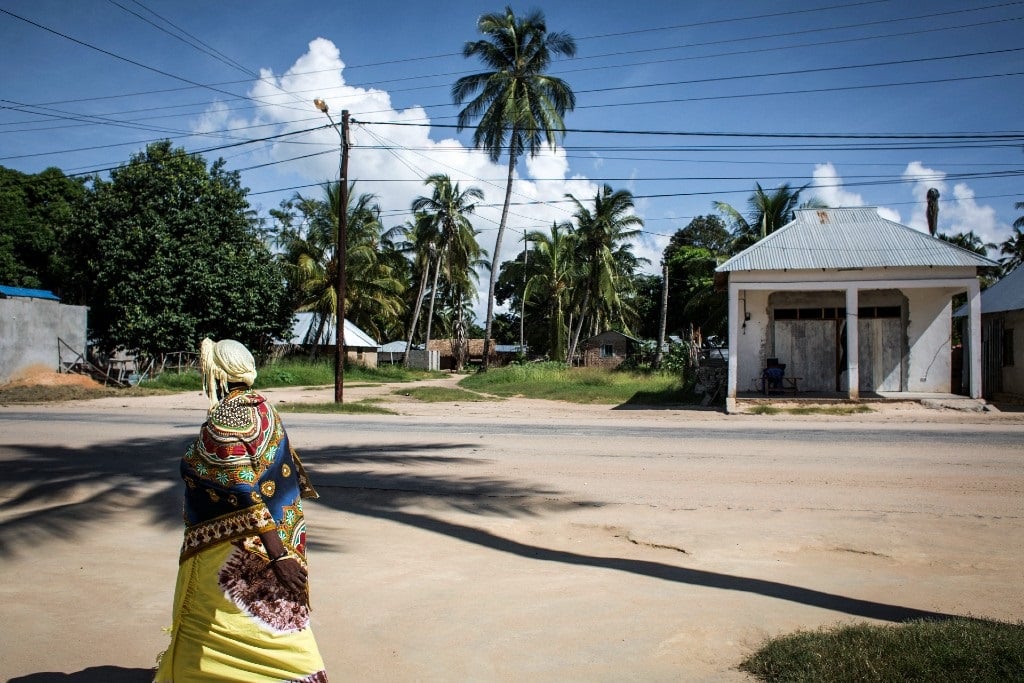
The escalation of violence and armed conflict in the Cabo Delgado province of Mozambique since early 2020 has raised some pressing questions over the future of liquefied natural gas investments, writes Theo Neethling.
The Cabo Delgado province in the northernmost part of the long Mozambican seaboard is now home to Africa’s three largest liquefied natural gas (LNG) projects; these projects have attracted many of the world’s major multinational energy companies, accompanied by massive LNG investments.
There can be little doubt that the discovery of rich LNG reserves is a potential game changer for Mozambique’s economy and the development agenda of the country.
It is potentially an opportunity for the rapid advancement of a country that currently ranks close to the bottom of the United Nation’s Human Development Index. World Bank data annually ranks Mozambique as among the poorest countries in the world.
Mozambique 'has hit the jackpot'
Since 2011, rich LNG reserves have been discovered off the coast of Cabo Delgado in the Rovuma Basin. With the discovery of major offshore gas fields, many observers have been prompted to suggest that Mozambique, one of the poorest countries in the world, "has hit the jackpot" – and recently, it has been claimed that by the mid-2020s, Mozambique could become one of the top ten LNG producers globally.
Together, the gas projects are estimated to be worth $60 billion, and this could obviously revolutionise Mozambique’s economy of $15 billion.
However, despite the billions in investments by major multinational energy companies since 2012, the people of Cabo Delgado are yet to see the material benefits from these projects.
READ | Burning villages, beheading locals: Who are al Shabab militants terrorising northern Mozambique
One of the biggest risks for international investors in the LNG industry is the many unknowns associated with the threat posed by the militant Islamic movement, Ansar al-Sunna, which has especially been active in the Cabo Delgado province since 2017. Whereas Ansar al-Sunna, locally known as Al-Shabaab, initially advocated the "purification" of Islam in Mozambique by preaching a moving away from the practices of the mystical traditions of Muslim Sufis – who are the majority of Muslims in Mozambique – and projecting Sufis as degenerate, the movement eventually made it clear that its goal was to impose Sharia law (Islamic law) in Cabo Delgado.
Since independence in 1994, the central government of Maputo has lacked a monopoly over the means of violence in its territory and its long coastline. In this context, Renamo regularly clashed with the central government in a 16-year civil war that claimed more than a million lives.
Fast forward to the future – Ansar al-Sunna with its ISIS links now poses the main security threat to the Mozambican government and its armed forces.
The situation has gone from bad to worse
The escalation of violence and armed conflict since early 2020 has raised some pressing questions over the future of LNG investments, and even put the future of the LNG industry at high risk.
Obviously, the foreign companies, with their substantial investments feel threatened, especially at the current stage where final investment decisions have to be taken.
In recent months, the situation in Cabo Delgado has gone from bad to worse.
READ | SA in a strong position to pressure Mozambique to accept help from neighbours - expert
In November 2020, dozens of people were reportedly beheaded by Islamic militants in northern Mozambique. Now the beheadings and bloodshed have spread to the town of Palma; taking the bloodshed to another level. This is not good news for the LNG industry in Mozambique, as Palma is supposed to become the manufacturing hub where hundreds of skilled workers will be located.
Amid the development of an increasingly alarming human rights situation towards the end of last year, including the killing of civilians by insurgents, the United Nations High Commissioner for Human Rights, Michelle Bachelet, has appealed for urgent measures to protect civilians in what she described as a "desperate" situation and one of "grave human rights abuses". She also stated that more than 350 000 people have been displaced since 2018.
In conclusion, there is little doubt that Islamist insurgents have managed to increase the scale of their activities in Cabo Delgado, and that the lack of governance and a proper security response by both the Mozambican government and Southern African leaders make this a case of high political risk, which can potentially jeopardise the successful unlocking of the country’s resource wealth.
Until now, the main LNG installations and sites have not been targeted or directly affected, but the security risks to these vast investments – and Mozambique’s development potential – are certainly on the increase and posing a threat to the LNG industry.
- Professor Theo Neethling is with the Department of Political Studies and Governance at the University of the Free State.
Disclaimer: News24 encourages freedom of speech and the expression of diverse views. The views of columnists published on News24 are therefore their own and do not necessarily represent the views of News24
30 Mar








![[Gallery] Try Not To Laugh At These Photos Of Actors With Their Stunt Doubles [Gallery] Try Not To Laugh At These Photos Of Actors With Their Stunt Doubles](https://images.outbrainimg.com/transform/v3/eyJpdSI6ImJhYTdhYjI0ODU0OTYwNWVmYzcwODI4OGMyYzYwMzgzMDg2MGY3ZTk4MjAwN2Q3YjMyOTcyNjk0ZmVkNzIxZDkiLCJ3IjoyNDEsImgiOjE2MCwiZCI6MS41LCJjcyI6MCwiZiI6NH0.webp)
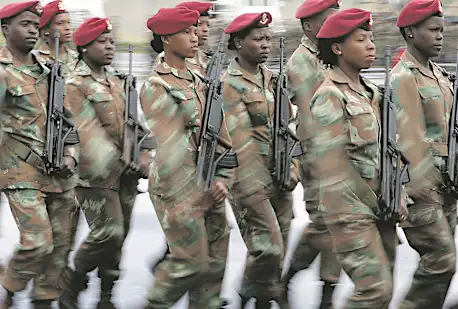

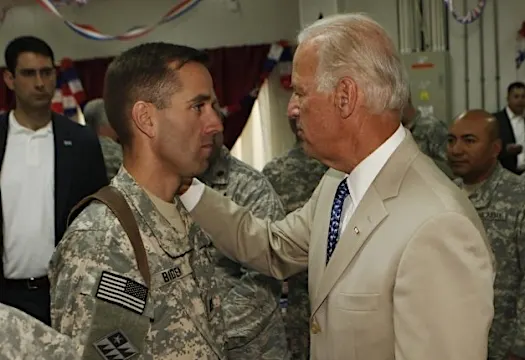






![[Gallery] Famous scenes before and after special effects [Gallery] Famous scenes before and after special effects](https://images.outbrainimg.com/transform/v3/eyJpdSI6ImZmMDFhZTY2OTU1OWQ2ZjU1MGYyMmYzMWQ5NGM0Zjc3YzI2MDI0NDdhZmViNmIzNGY0NDc3ZjIyNThhNjZiOTciLCJ3IjozNTAsImgiOjI0MCwiZCI6MS41LCJjcyI6MCwiZiI6NH0.webp)


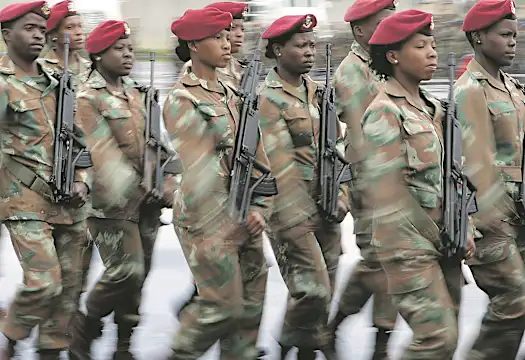

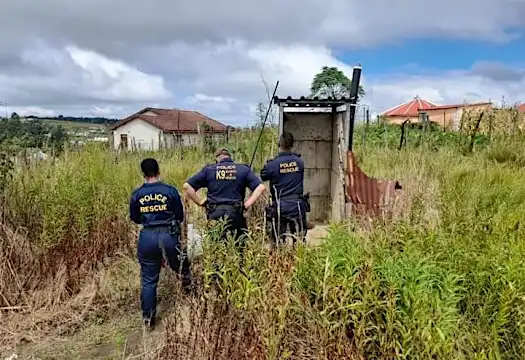

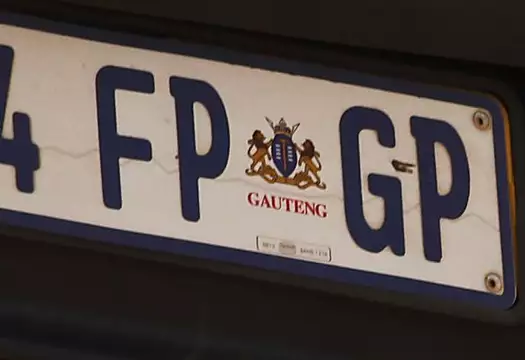


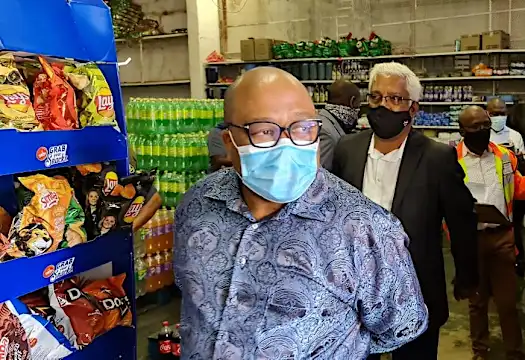
Comments
Post a Comment